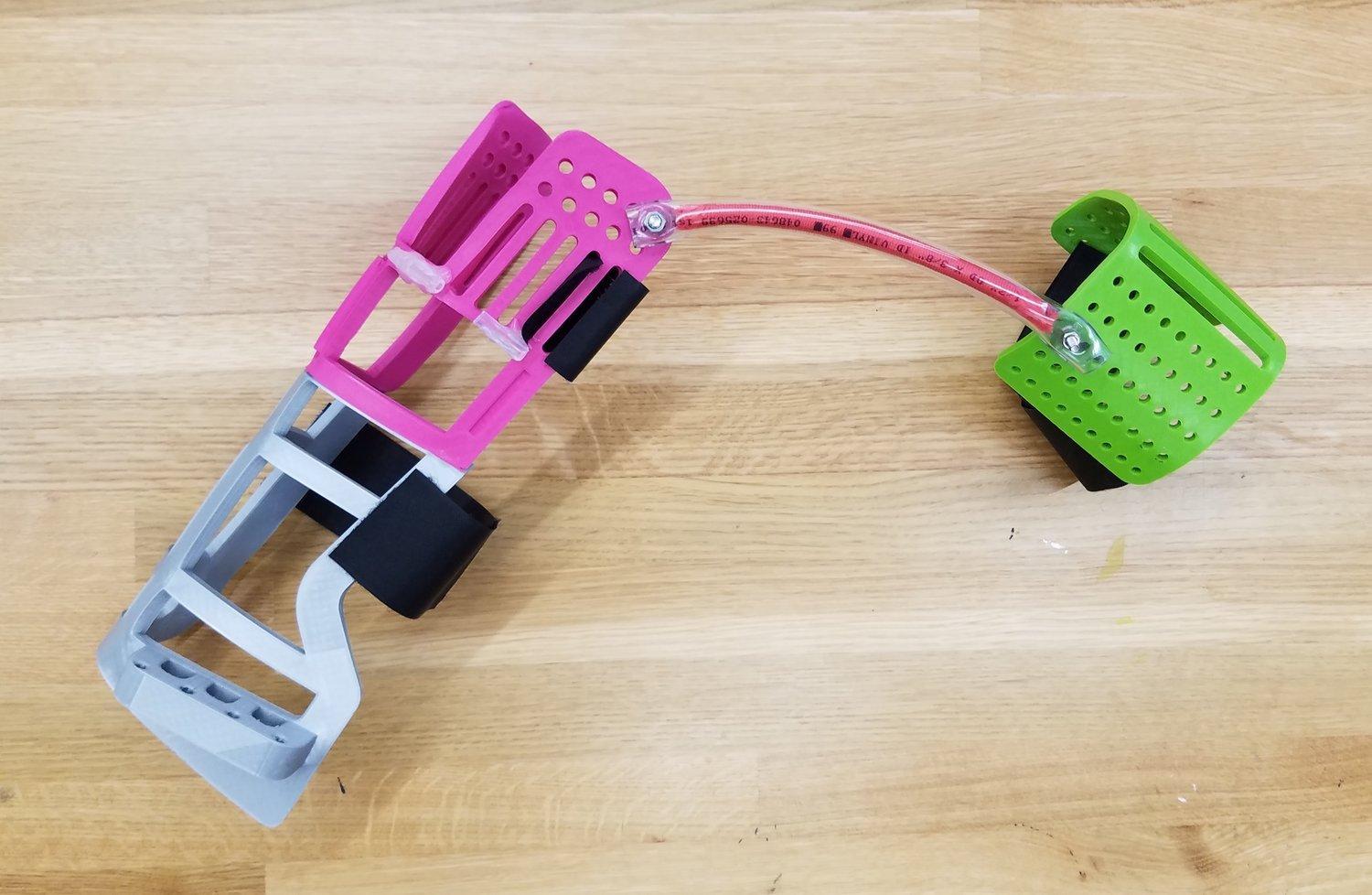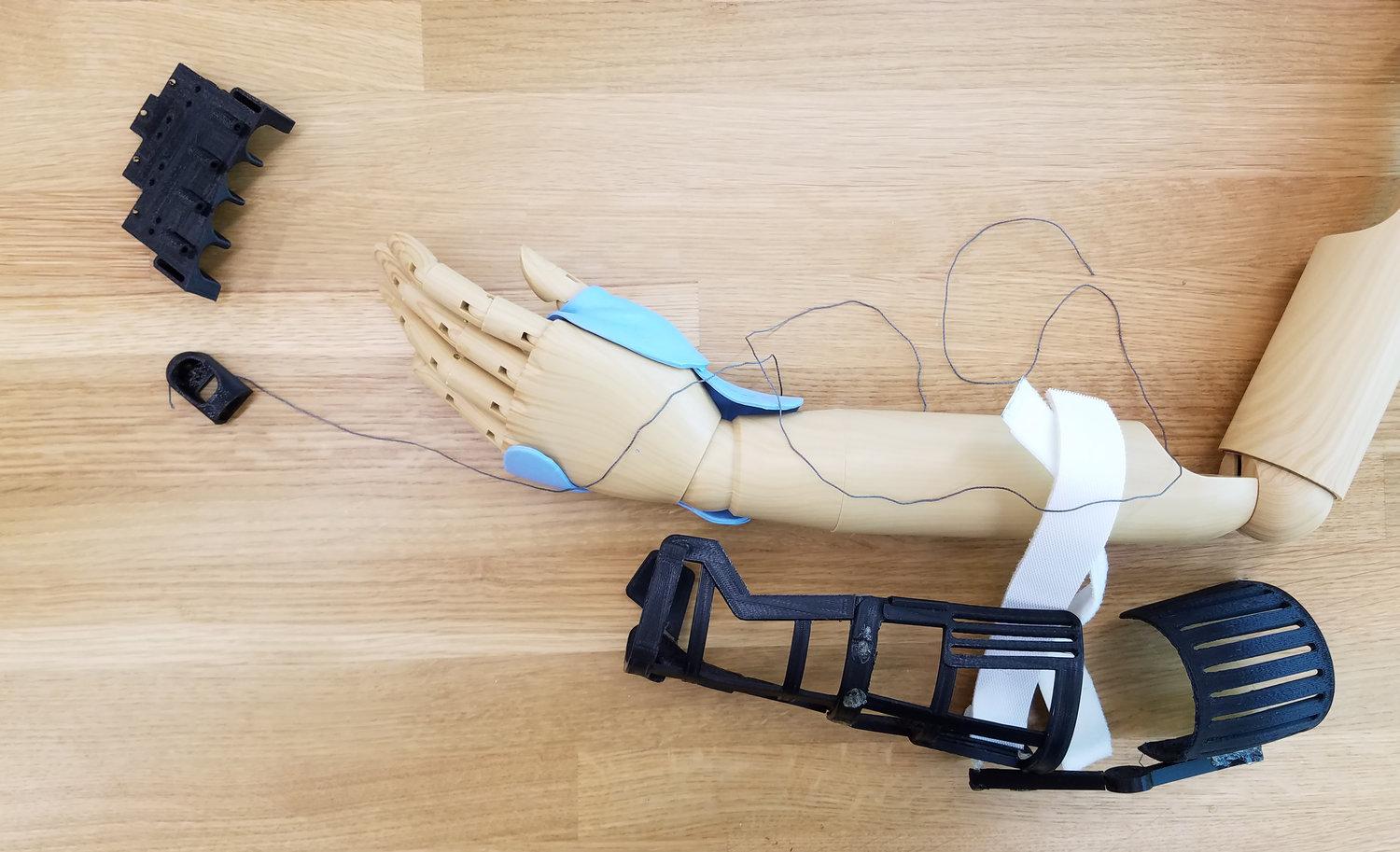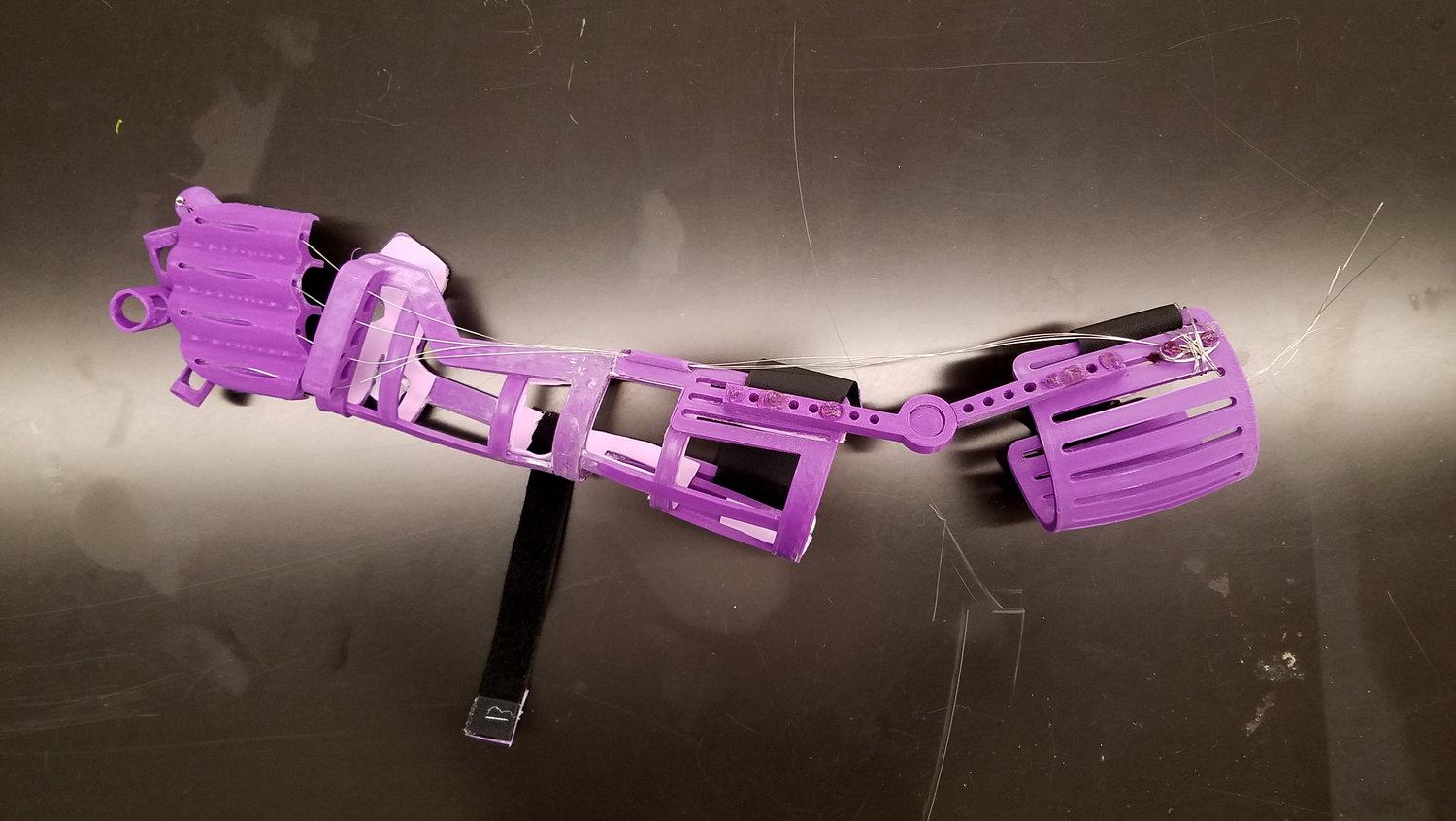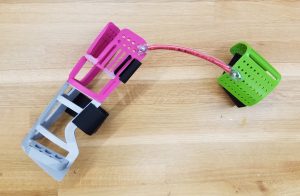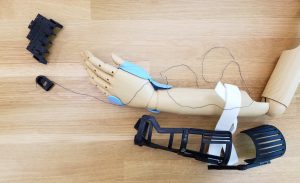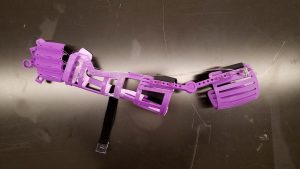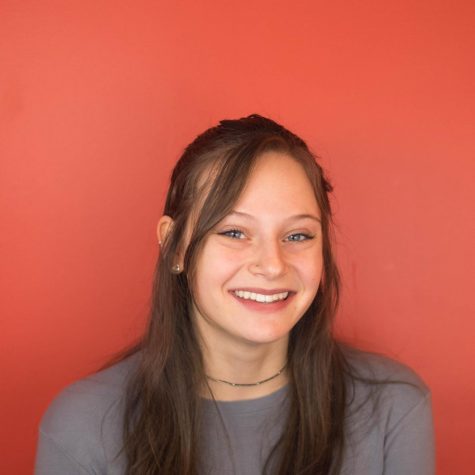Most Innovative
Women in Tandon’s MakerSpace
The MakerSpace at the Tandon School of Engineering provides a convenient platform for any students looking to bring their creativity and engineering prowess to life.
Tandon’s MakerSpace first opened its doors in fall 2016 as a collaborative lab space for students. It boasts a collection of 3-D printers, laser cutters and imaging software (to name a few) and offers funding, advising and array of expert guest speakers.
From automation to transportation, sustainability to architecture, the MakerSpace is a place for students to put their ideas into fruition. This past year saw no shortage of innovation, with new inventions and startups exploring ways to use technology to improve the quality of life. And in 2017, it was the women of the MakerSpace running the show.
The idea for the MakerSpace was first introduced in 2013 when Professor Anne-Laure Fayard was approached by a group of students hoping to create a collaborative workspace for innovation outside of the classroom. She worked with students to develop the Greenhouse, which is now a space within the MakerSpace, overseeing programming and project funding. Fayard is still the faculty advisor for the Greenhouse and is a member of the MakerSpace Advisory Board.
“The space, supported by a VentureWell grant, shows the appetite of engineering students for innovation and collaboration and the need to provide them with a space and prototyping resources,” Fayard said. “It is a key artifact to support the nurturing of a culture of invention, innovation and entrepreneurship.”
Alongside Fayard, Victoria Bill, the manager of the MakerSpace, has been integral in the formation and continuing success of the MakerSpace. Bill is an engineer, herself, and in addition to currently serving on the the MakerSpace Advisory Board, she helps by researching student interactions in the MakerSpace and developing ways to continue to evolve the space.
As part of Greenhouse programming, Fayard helped start the Prototyping Fund in partnership with the NYU Entrepreneurship Institute. The Prototyping Fund provides 10 to 12 teams of students a $500 grant to prototype and test their projects each semester. Recently, a second phase of the Prototyping Fund was introduced to give an additional $2,000 to selected teams to continue developing their projects.
This past year, Fayard dedicated much of her time to advising the Design for America of NYU club within the MakerSpace. She also informally mentored We are the New Farmers, a vertical farming project started in the MakerSpace and supported last year by the Prototyping Fund Phase 1 and 2.
Fayard is not an engineer, but through her work with The MakerSpace, she hopes to perpetuate social progress.
“Engineering is deeply social after all,” Fayard said. “It’s done by people, who need to know how to communicate, to collaborate and generate new ideas to develop solutions to improve the life of other people.”
In addition to DFA and the Greenhouse, the MakerSpace is home to Tandon’s Hyperloop team. This past January, a team of NYU students headed to Hawthorne, California to compete in Elon Musk’s inaugural SpaceX Hyperloop pod competition.
Magdalena Sawicka, a Tandon senior majoring in Mechanical Engineering is the captain of the Hyperloop Team.
“The objective of Hyperloop is design a pod to transport humans as quickly as possible from one point to another,” Sawicka said. “The team made the decision to emulate that goal with freight transport for the competition, but ultimately, the goal is faster travel for people.”
Of the 700 teams to enter into the competition, Sawicka’s team was one of 27 chosen to compete. As captain of the team, she is responsible not only for facilitating the technical aspects of constructing the pod, but also the recruitment and management of the team.
“A friend once told me that if you are going to be captain of the team, you need to make sure everyone on the team is smarter than you are,” Sawicka said.”For me, the most important thing is putting together a team of smart people capable of doing the job. I always try to keep them motivated, and I constantly work to ensure that everyone has the funding and resources they need to make the Hyperloop pod the best it can be.”
The team was invited to compete again in the 2018 Hyperloop competition and will update its formal model throughout the next semester. Though the team has faced some technical roadblocks, Sawicka hopes to keep innovation and creativity at the forefront.
“The thing about innovation is that it is always changing,” Sawicka said. “Sometimes you are working on an innovative idea and it doesn’t work. You can’t change science, so you always have to keep adapting to make new ideas work within the laws of physics.”
Also in the MakerSpace, Tandon graduate student Gabriella Cammarata is the lead designer on a project to develop low-cost orthotics for children with Cerebral Palsy being treated at NYU Langone Medical Center.
“It can be very difficult for growing children to get appropriate orthotics or prosthetics they may need because they are very expensive and insurance companies usually don’t want to pay for a device that will have to be replaced frequently as the child grows,” she said. “Our goal is to design an orthotics that can be fabricated fairly easily and at a low cost so as the child grows, it can be replaced. Eventually, we hope to design something simple enough that it can be assembled at home but we haven’t gotten there yet.”
When Cammarata began designing the orthotics, she worked with fellow graduate student Gui Hui Liu, who graduated this fall with a Masters of Science in Mechanical Engineering. Her project, however, is expanding, and has recently been introduced as a vertically integrated project at Tandon, an intensive multi-year program that gives students the opportunity to engage in extensive research and project-based learning.
Despite her developments in orthotics, Cammarata like many other women in the engineering field, Cammarata has faced difficulty in being accepted as an equal to her male counterparts.
“I can’t tell you how many times men explain the most basic concepts to me,” Cammarata said. “You can give it a funny name like mansplaining and make memes about it but in a professional and educational setting I see it used almost as a weapon.”
Regardless, women have truly made their mark on innovation at Tandon in the past two years. With Tandon’s class of 2021 enrolling the largest percentage of women to date, there’s no telling how women will continue to shape the MakerSpace and innovation throughout Tandon.
“For this coming year, Victoria Bill and I have a number of ideas to grow and nurture the the MakerSpace community and make it even more inclusive,” Fayard said. “We will work with a team of students to pilot them. I’m looking forward to seeing what comes out.”
Read more from Washington Square News’ “School Superlatives” feature. Email Alison Zimmerman at [email protected].























































































































































